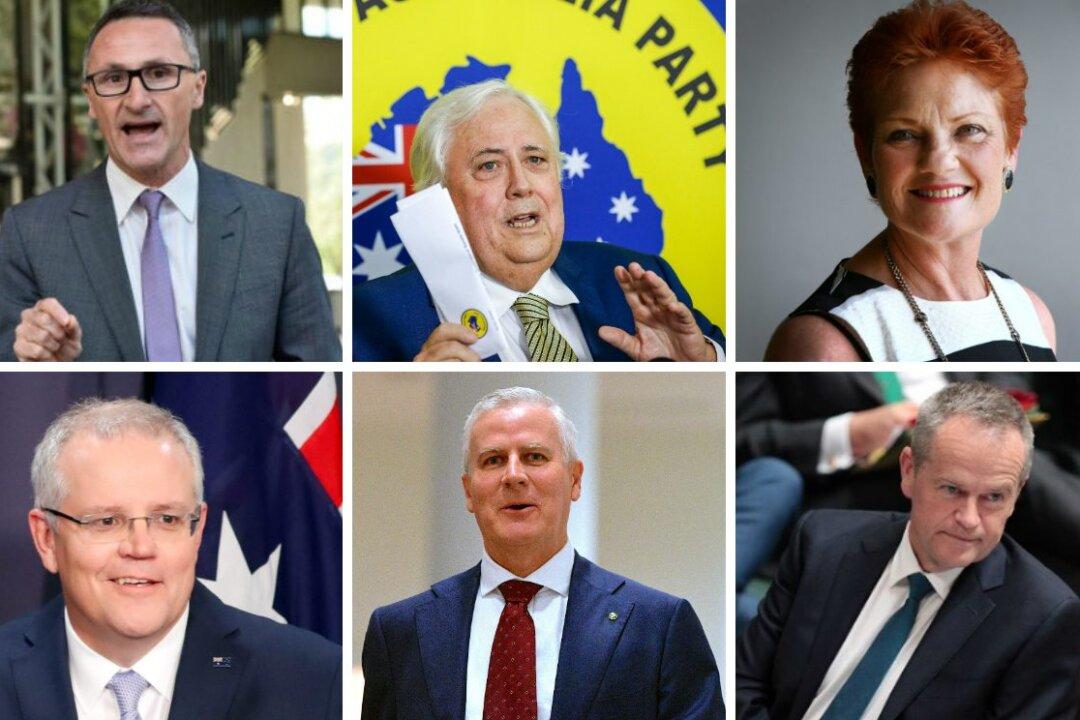Peter Abetz
The May 18 Federal Election could change the very character of Australian society. While there is much debate in the media about economic issues, there has been very little comment about the social agenda contained in the Australian Labor Party’s 302 page long policy document.



